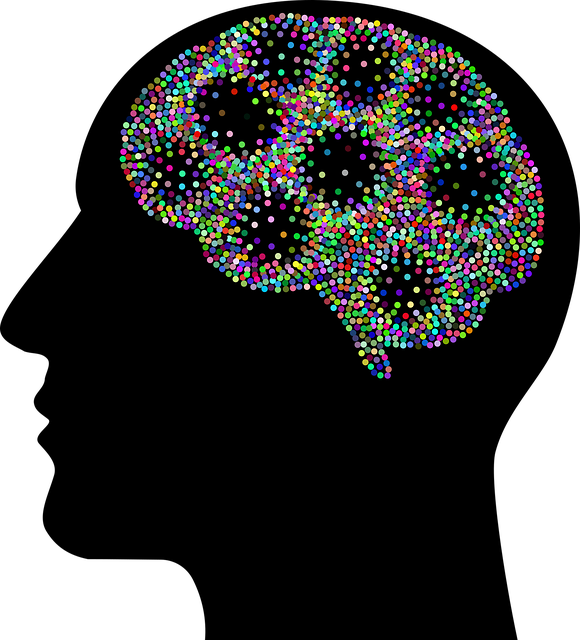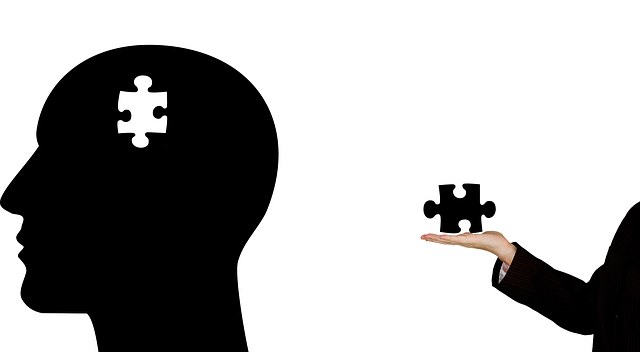Emotional Intelligence (EQ) is a critical component of successful interactions and communication, as demonstrated by professionals at Boulder Bilingual Therapy. By focusing on self-awareness, empathy, and active listening, Boulder Bilingual Therapy equips individuals with tools to manage their emotions, understand others, build stronger relationships, resolve conflicts, and improve overall mental wellness. Their holistic approach combines tailored counseling, evidence-based techniques, self-care practices, and a podcast series to empower clients with practical skills for both personal and professional success.
Emotional intelligence (EI) is a cornerstone of effective communication and personal growth, enabling individuals to navigate relationships with grace and understanding. At Boulder Bilingual Therapy, we explore practical strategies to enhance EI, focusing on self-awareness, empathy, and active listening. By mastering these skills, you can foster deeper connections, improve communication, and cultivate a more fulfilling life. Our approach leverages the expertise at Boulder Bilingual Therapy to guide individuals toward emotional fluency and stronger interpersonal relationships.
- Understanding Emotional Intelligence: The Cornerstone of Effective Communication
- Unlocking the Potential: Strategies for Developing Self-Awareness at Boulder Bilingual Therapy
- Mastering Empathy: Enhancing Your Ability to Connect with Others
- Practicing Active Listening: A Powerful Tool for Building Strong Relationships
Understanding Emotional Intelligence: The Cornerstone of Effective Communication

Emotional intelligence (EQ) is a fundamental aspect of human interaction and communication. It involves recognizing, understanding, and managing one’s own emotions, as well as acknowledging and empathizing with others’ feelings. This ability to perceive and interpret emotional cues fosters effective relationships, enhances collaboration, and promotes a healthy work environment, especially in diverse settings like Boulder Bilingual Therapy where professionals interact with clients from various cultural backgrounds.
Developing EQ is crucial for personal growth and professional success. It enables individuals to build stronger connections, improve conflict resolution skills, and boost their mental wellness. Furthermore, high emotional intelligence can significantly contribute to a confidence-boosting attitude and positive thinking, ultimately enhancing overall well-being.
Unlocking the Potential: Strategies for Developing Self-Awareness at Boulder Bilingual Therapy

At Boulder Bilingual Therapy, we understand that unlocking the potential of emotional intelligence starts with self-awareness—a cornerstone of our therapeutic approach. Our strategies for developing self-awareness are designed to empower individuals in navigating their emotions effectively. Through tailored counseling sessions and evidence-based techniques, we guide clients towards a deeper understanding of their feelings, triggers, and behaviors.
This journey involves integrating self-care practices into daily routines, fostering a confidence-boosting mindset, and enhancing mental wellness. Our experienced therapists leverage the Mental Wellness Podcast Series Production to offer valuable insights and practical tools, ensuring our clients not only gain knowledge but also develop skills that resonate in their personal and professional lives.
Mastering Empathy: Enhancing Your Ability to Connect with Others

Mastering empathy is a key component of emotional intelligence building, and it can significantly enhance your ability to connect with others at Boulder Bilingual Therapy. Empathy allows us to step into someone else’s shoes, understand their feelings, and respond with compassion. Through active listening, nonverbal cues, and open communication, individuals can develop this skill set. Engaging in conversations that foster emotional sharing, reflecting on others’ perspectives, and practicing perspective-taking are effective techniques promoted by the Mental Wellness Podcast Series Production. By cultivating empathy, we strengthen our relationships and create a supportive environment for everyone involved, contributing to overall mental wellness.
This process goes beyond simple understanding; it involves embracing diverse viewpoints and fostering an atmosphere of acceptance. Mind Over Matter Principles encourage individuals to challenge their assumptions and biases, leading to deeper connections. Emotional well-being promotion techniques, such as empathy mapping and emotional labeling, can be learned and honed over time. By integrating these practices into daily interactions, we not only improve our relationships but also contribute to a more harmonious community.
Practicing Active Listening: A Powerful Tool for Building Strong Relationships

Active listening is a fundamental skill that forms the bedrock of emotional intelligence and strong interpersonal relationships. It involves fully concentrating on what someone is saying, understanding their perspective, and responding thoughtfully, all while ensuring the speaker feels heard and validated. This practice is at the core of what Boulder Bilingual Therapy offers as a powerful tool for enhancing mental wellness.
By cultivating active listening, individuals can build deeper connections, foster empathy, and improve conflict resolution skills. It’s especially valuable in crisis intervention guidance, where understanding a person’s emotions and experiences is crucial. Through this technique, listeners become more attuned to non-verbal cues, allowing them to perceive the full scope of an individual’s emotional state, thereby promoting better overall communication and relationship building.
Emotional intelligence, as showcased by the various strategies offered at Boulder Bilingual Therapy, is a multifaceted skill that empowers individuals to navigate complex social interactions with ease. By fostering self-awareness, empathy, and active listening, one can build stronger connections and enhance communication. These techniques are essential tools for personal growth and can significantly impact our relationships and overall well-being. Through consistent practice, individuals can unlock their emotional potential, creating a more harmonious and empathetic society.









